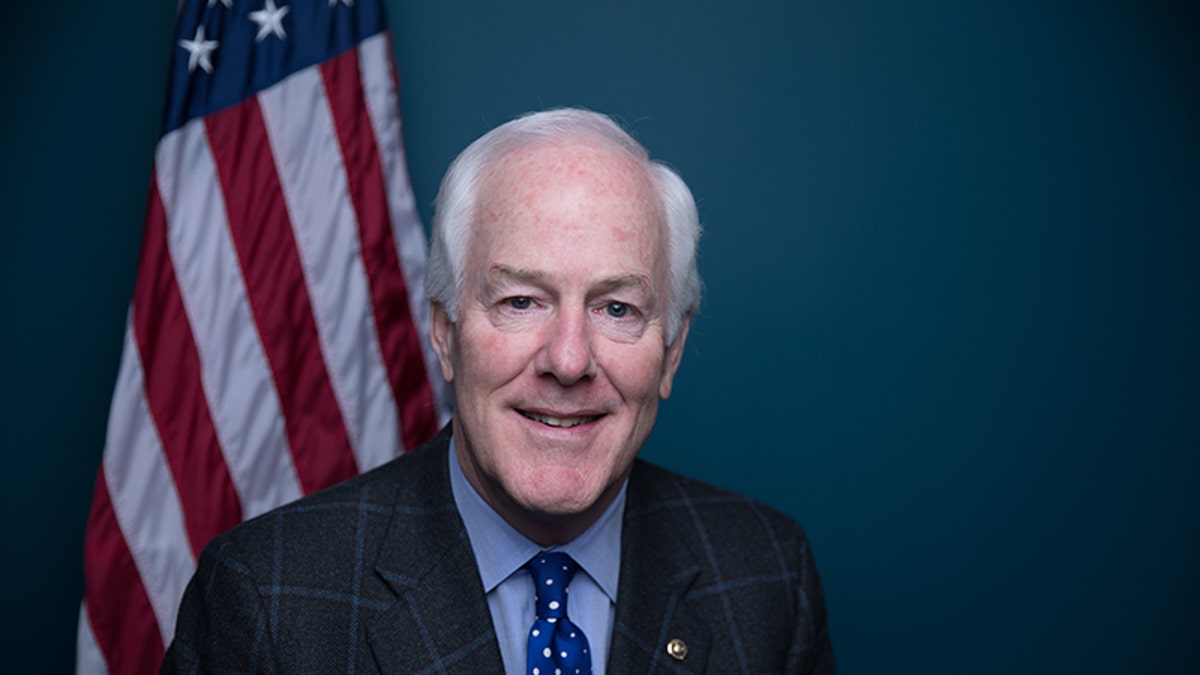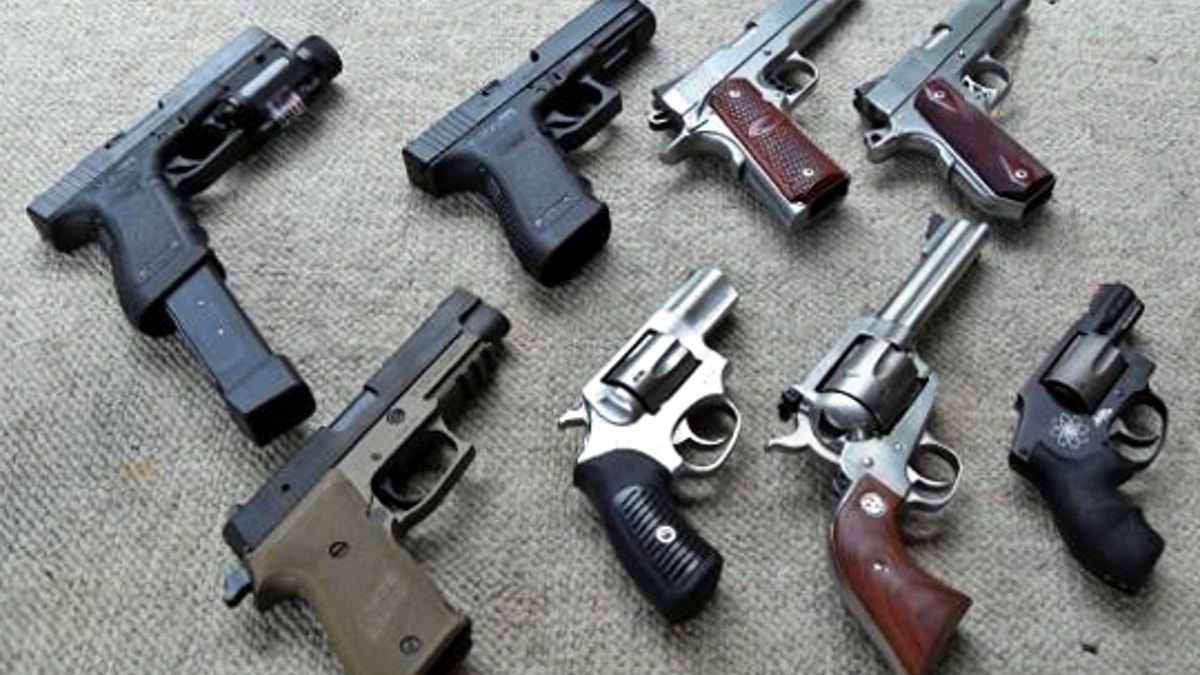Concealed handgun permits in US at new record
Concealed handgun permits continue to rise by record amounts, according a new report by The Crime Prevention Research Center. Find out where the growth is highest
Mayors and police in states like New York and California, which have relatively restrictive guns laws, are organizing against making concealed-handgun carry permits in one state valid in all states.
Earlier this year, Sen. John Cornyn, R-Texas, and Rep. Richard Hudson, R-N.C., introduced the Constitutional Concealed Carry Reciprocity Act of 2017, which would allow individuals with concealed-carry privileges in their state of residence to exercise those rights in any other state while abiding by that state’s laws.
The controversial bill would thus function as does a driver’s license, where out-of-state operators can get behind the wheel in any state, though they must adhere to designated speed limits and signs of that jurisdiction, including obeying gun-free zones.
ANTIQUE GUN STORE IN AFGHANISTAN HOLDS VALUABLE HISTORIC WEAPONS

Sen. John Cornyn (R-Texas) introduced the Constituional Concealed Carry Reciprocity Act earlier this year.
There are more than 16 million concealed-carry permittees in the U.S., a figure that soared 256 percent, according to the Crime Prevention Research Center, under the Obama administration. Some 6.53 percent of Americans have permits, and outside of the more rigorously gun-controlled California and New York, roughly 8 percent of the population has a permit. The caveat is that all states have some sort of concealed-carry eligibility. Twelve states no longer require a permit for concealed carry, and the remaining 38 require a resident to prove, to varying degrees, a legitimate need to carry a concealed handgun.
President Trump supports the bill, and with a GOP-controlled House and Senate, the backers are confident that it will move through victoriously, despite the very vocal opposition.
“Since introducing this common sense bill, I have received an incredible amount of support from folks across the country,” Hudson told Fox News, adding that it currently has 207 co-sponsors from both sides of the aisle. “I expect the Judiciary Committee to take it up when the House comes back into session in September. We are primed to make national concealed carry reciprocity for law-abiding citizens a reality.”
Not so fast, say officials on both coasts.
The California Police Chiefs Association, which represents municipal police chiefs and their agencies in state with a membership that oversees public safety for more than 26 million Californians, adamantly opposes the bill.
TEXAS WOMAN SHOOTS, KILLS HOME INTRUDER
“The bill would erode local control of issuing concealed carry permits, as the arbitrariness of the issuing authority rules would reduce the requirements for concealed carry to the lowest common denominator,” Edward Medrano, the association’s president asserted in a July 13, 2017, letter. “Further, the lack of a national database for concealed carry permits makes it functionally impossible for a law enforcement officer in the field to determine the legal compliance of an individual carrying a concealed firearm.”
Similar sentiments come from the U.S. Conference of Mayors, the “official non-partisan organization of cities with populations of 30,000 or more, represented by its chief elected official, the mayor.”
At its annual meeting in late June, New York City Mayor Bill de Blasio and Chicago Mayor Rahm Emanuel led the passing of a sweeping resolution that calls on Congress to repel the “dangerous” legislation that “would essentially force the localities to give full faith and credit to permits that are issued on less rigorous grounds” and “remove local governments’ ability to maintain sensible gun standards.”
Other officials against the bill, including New York District Attorney Cy Vance, have even gone as far as to caution that those backing national reciprocity are enabling ISIS militants – an argument that proponents of national reciprocity frame as being just the opposite of such a policy.
ISIS, SQUEEZED OUT OF IRAQ AND SYRIA, NOW 'REGROUPING' IN LIBYA, ANALYSTS SAY

Semiautomatic handguns and revolvers (Creative Commons | Joshuashearn, GunNewsDaily.com)
Despite such concerns, the bill has powerful support.
The National Rifle Association has maintained that the “weak” argument to the legislation from gun control groups fails to acknowledge that criminals who carry unlawfully with “evil intent” have no standards to follow any laws, therefore this is for the many “law abiding and self-regulating Americans who have proven themselves to behave responsibly.”
And Gary Byrne, a retired Secret Service officer, concurred that law enforcement leaders and lawmakers “need to recognize this is an American right,” and one that is eminently sensible.
“I will always remember the two times I was in serious danger of being mugged. I was on my way to work as a Secret Service Officer at the White House while I was in civilian clothes,” he recalled. “As soon as I drew my firearm in defense of my life against the armed robbers, they turned tail.”
Some also argue that a national concealed-handgun carry policy is reasonable given the threat of terrorism.
“National reciprocity arguably makes the entire United States a harder target and therefore a more credible deterrent,” said Dennis Santiago, a California-based risk analyst and firearms instructor.


